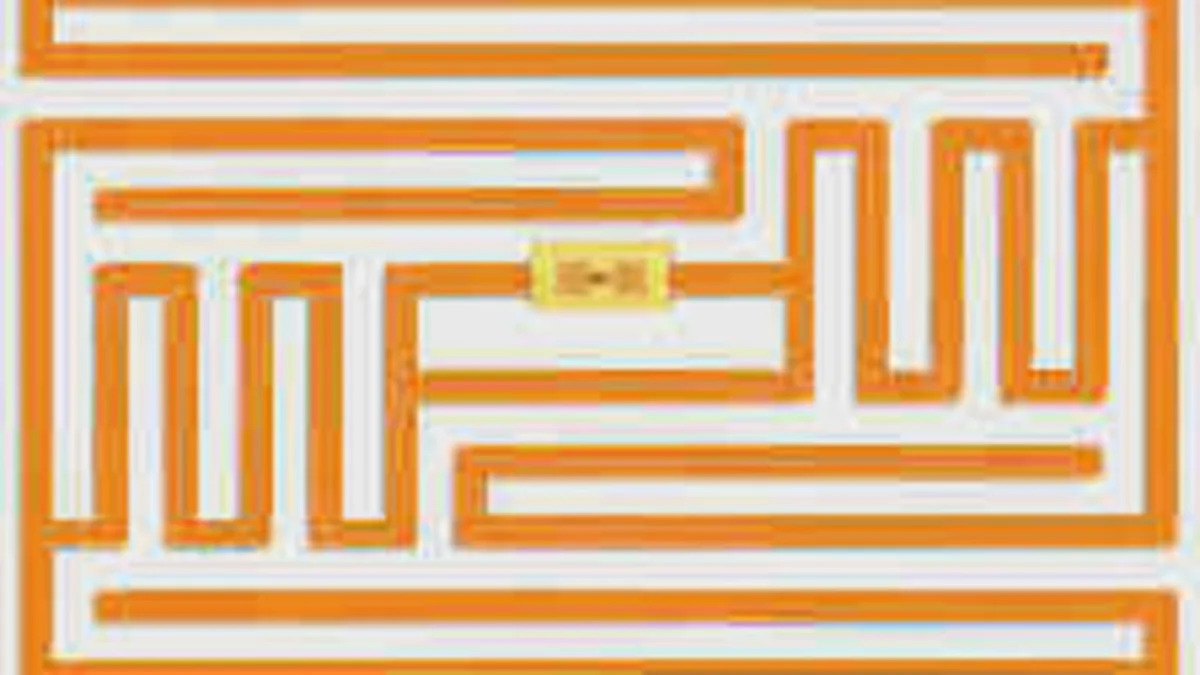Yesterday it was chipped tires, today it's chipped license plates. Radio Frequency Identification (RFID) is becoming more popular in everything from credit cards and passports to toll transponders and now license plates. RFID tags can simplify life by providing an automatic ID when scanned. RFID uses a microchip and antenna that stores personal data and can be installed in a device or embedded into an object (or even under the skin). Although this raises a whole 'nother debate about the Big Brother aspect of monitoring people's movements and unwanted access to personal info by hackers, RFID can be used effectively to speed things up. Or to automatically register information. Which brings us to today's use generously shared by our brothers and sisters at Engadget: license plates.
Because of the frequency of auto theft in Malaysia, their Road Transport Department (RTD) has decided to start using RFID-equipped license plates. Integrated microchips will help make scanning and identifying vehicles easier for the authorities. Authorized mechanics will install the plates with the embedded microchips storing data about the vehicle's make, model, and driver info. Known as the e-plate, naturally, it has already been used effectively in Japan and the UK, where the chips can automatically record data from another vehicle's RFID in the event of an accident. Especially in hit-and-run situations this could be a Godsend. The RTD is hoping that Kuala Lumpur will see reductions in thefts as the new plates will make things tougher on carjackers because swapped plates won't match the vehicle ID. The program will start with new registrations and gradually work its way to older models on renewals. You just know these RFID tags are going to be implanted under the skin at birth in the not-too-distant future.
[Source: Engadget]
Because of the frequency of auto theft in Malaysia, their Road Transport Department (RTD) has decided to start using RFID-equipped license plates. Integrated microchips will help make scanning and identifying vehicles easier for the authorities. Authorized mechanics will install the plates with the embedded microchips storing data about the vehicle's make, model, and driver info. Known as the e-plate, naturally, it has already been used effectively in Japan and the UK, where the chips can automatically record data from another vehicle's RFID in the event of an accident. Especially in hit-and-run situations this could be a Godsend. The RTD is hoping that Kuala Lumpur will see reductions in thefts as the new plates will make things tougher on carjackers because swapped plates won't match the vehicle ID. The program will start with new registrations and gradually work its way to older models on renewals. You just know these RFID tags are going to be implanted under the skin at birth in the not-too-distant future.
[Source: Engadget]


Sign in to post
Please sign in to leave a comment.
Continue